Living in a time of recalibration – Munroe Bergdorf in Conversation with Lady Phyll
June 4, 2019
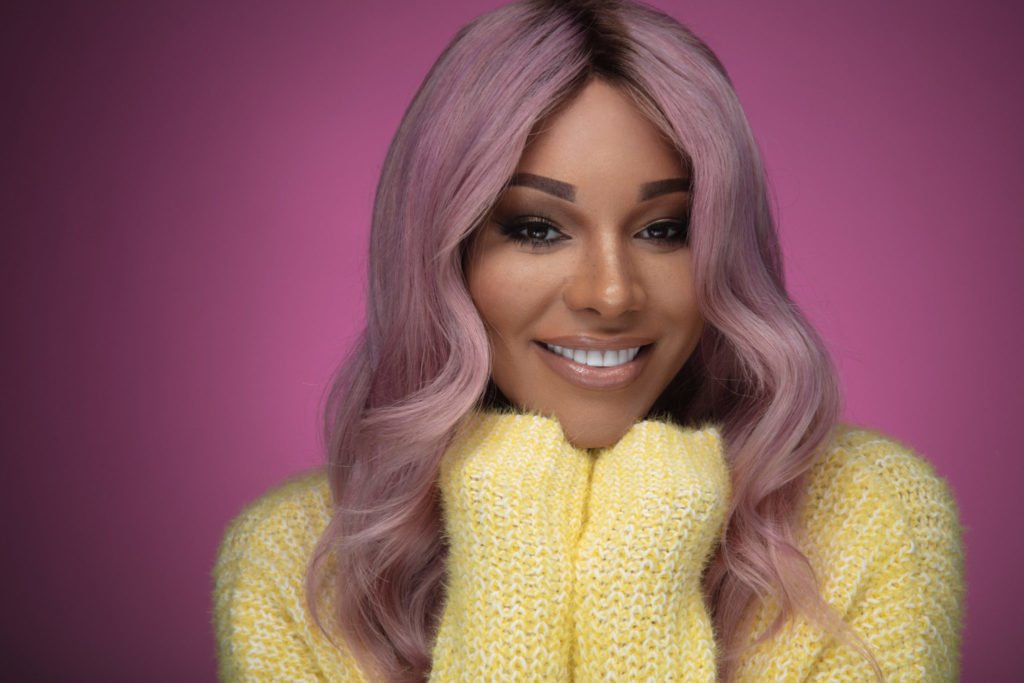
To set the mood – I wasn’t in the best headspace on the day of the talk between Munroe Bergdorf and Lady Phyll, organised as part of WoWFest. The idea of walking into a room full of people I didn’t know, two of whom I idolise, was causing a big bubble of anxiety to form in the back of my throat. The bubble quickly deflated when I arrived and found Lady Phyll stood outside chatting. As I walked past she smiled and said ‘Hi!’, and this casual friendly tone was present throughout the whole evening, making me feel completely at ease. The whole night’s conversation felt honest and rooted in personal experience, in sharp contrast to some typical talks I’ve attended between white non-queer* male academics, when each one is trying to use bigger words than the other to impress an audience that are half asleep.
I thoroughly enjoyed the event that covered so many topics and nailed all of them, so I guess this is more of a space for me to fangirl and share what I’ve learnt, rather than critically review.
The talk went on for about two hours and was so engaging I would have paid complete attention throughout, had it not been for the loud cheers from the bar downstairs as Liverpool were beating Barcelona in the Champions League semi-final. I think it was so absorbing because it was clear that both speakers really wanted to be there and while they acknowledged the audience, their excitement indicated that they would’ve had the same chat just as two friends in a private space.
I’ve never before been at an event where the speakers showed such passion for what they were discussing, or declared their love and admiration for each other as much. It’s fair to say that while I’m fangirling them, they were definitely fangirling each other too. All of their wonderful socio-political insight was mixed with jokes about each other’s love lives, personal anecdotes about friends and families, and Lady Phyll telling us about how good she looks for her age (she isn’t lying!). Beyond making the pair seem much more human and relatable, these personal interjections also made the talk a fluid and enjoyable experience.
The feelings of love, admiration, and community present in the room created an environment much more conducive to exploring difficult topics, such as what it means to be a woman in 2019 or the lack of care shown towards black and brown children in Western society. Munroe made a very poignant comparison of the disappearance of Madeleine McCann and the death of Alan Kurdi, the Syrian child who died crossing the Mediterranean Sea in 2015. The public reactions to these two stories were incredibly different and showed that as a society we have become so desensitised to the violence against people of colour that mainstream newspapers deemed it acceptable to publish a photo of a dead child, a decision that ultimately didn’t change anything for refugees. This desensitisation is something that needs to be confronted on a societal level in order for us to progress.
One point brought up throughout the evening was the need for us to all work together, to celebrate our differences and intersections rather than let them divide us. While online activism can be great, especially for those who are unable to attend physical events and protests, it has also created a toxic call out culture. This entails the public shaming and ‘cancelling’ (refusing to financially or morally support someone and telling others to do the same) of public figures, encouraging polarisation and robbing people of the opportunity to grow. This isn’t to say that unacceptable behaviour shouldn’t be called out, but that it should be done in a way that is more conducive to encouraging people to grow and learn from their mistakes.
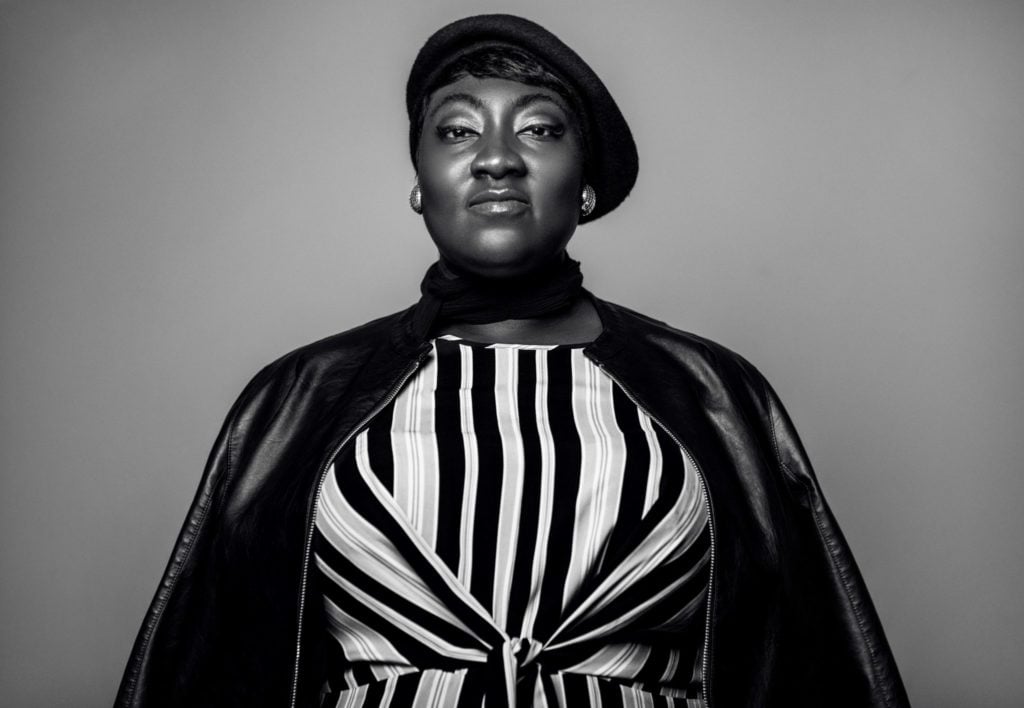
As I said, this need to work together is especially present within the queer community where our identities are constantly broken down and polarised. Sexism, transphobia, bi/panphobia, racism, and ableism are all rife within the queer community. As a pansexual woman I couldn’t tell you the amount of times that a lesbian has told me that I just haven’t made my mind up yet, or a bisexual person has told me that I’m really just bi but wanted to use a fancier word. And I’m lucky. I’m white, cisgender, able bodied, and experience sexual and romantic attraction (as opposed to asexual/aromantic people). I don’t experience anywhere near as much discrimination ,or as acutely, as people from these groups do. It’s 2019 and people are still writing “no fats, no femmes, no Asians” on their Grindr profiles.
It is absolutely imperative that we work together to fight against all forms of discrimination within the queer community and within broader society. As Lady Phyll so beautifully put it, “your struggle has to be mine and mine has to be yours,” if we are going to grow as a society. And to do this we must reach out and speak to people not like ourselves and, as Munroe said, figure out, “are they a terf [trans-exclusionary radical feminist] or have they just not got it yet?” Remember that the aim of activism is to change people’s minds rather than attack them.
I’d like to end this in the same way the talk ended, by discussing how we can be better activists or allies. Number one – educate yourself! Don’t expect marginalised groups to teach you about their struggle, but go out there and find out for yourself. If you are reading this then you have access to Google. Use it. If someone from a marginalised group takes the time to educate you on something or share their experience with you, be gracious and do not demand more of them than they are willing to give.
Secondly, educate each other. If you aren’t queer, educate other non-queer people about queer rights, if you’re a man educate other men on feminism, if you’re a white person educate other white people about racism. This list could go on for a while but this is a start.
This leads me onto my next point: use your platform! If you are in a position of privilege, use it to help people with less privilege. As Lady Phyll said, “there’s great power in passing the mic and realising when you don’t need to speak.” And, of course, always call out unacceptable behaviour, but in a way that educates rather than shames.
All of these day-to-day things are small acts of allyship that will help to bring about genuine change, but if you want to do more then attend protests and show your support, if you can. Volunteer your time with different activist groups, identify what you’re good at and think about how that could help! If you’re creative then help out creating banners, posters, flyers. If you’re trained in admin or accountancy offer your services to activist organisations. If you’re verbally skilled and good at public speaking then speak at protests and inspire others. Find somewhere to start! There are some amazing groups that were mentioned during the talk that you should pay attention to if you’re looking for inspiration: The Goddess Projects, Pxssy Palace, BBZ, UK Black Pride (of which Lady Phyll is a co-founder), and The Period Project. You should of course also follow both Lady Phyll and Munroe Bergdorf (and her new platform The Goddess Platform).
I went into this talk incredibly anxious and left feeling like I could change the world, and that’s what spending two hours in the company of such amazing activists should feel like.
*I use “non-queer” rather than “cisgender & heterosexual” to avoid the erasure of our ace/aro siblings within the queer community
Filed under: Politics
Tagged with: activism, conversation, female, lady phyll, LGBTQIA+, munroe bergdorf, Pride, queer, WoWFest
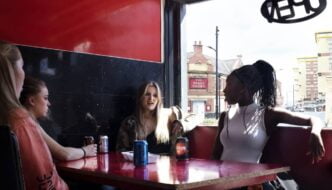
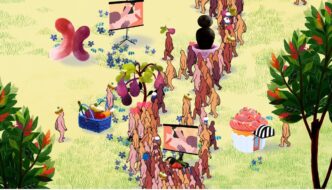
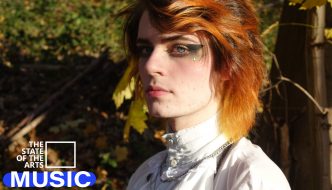
Comments